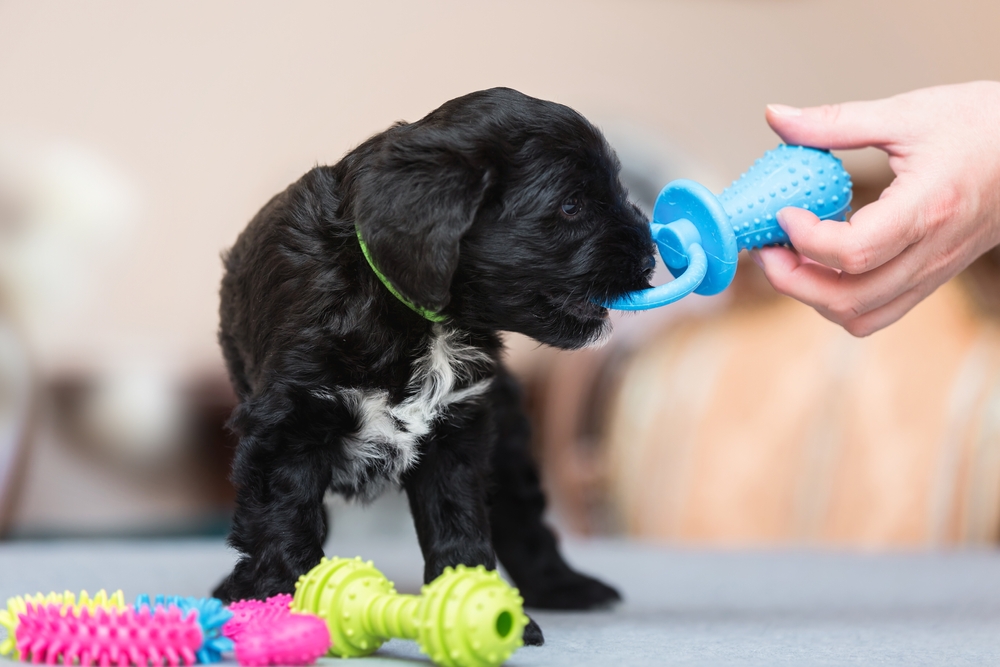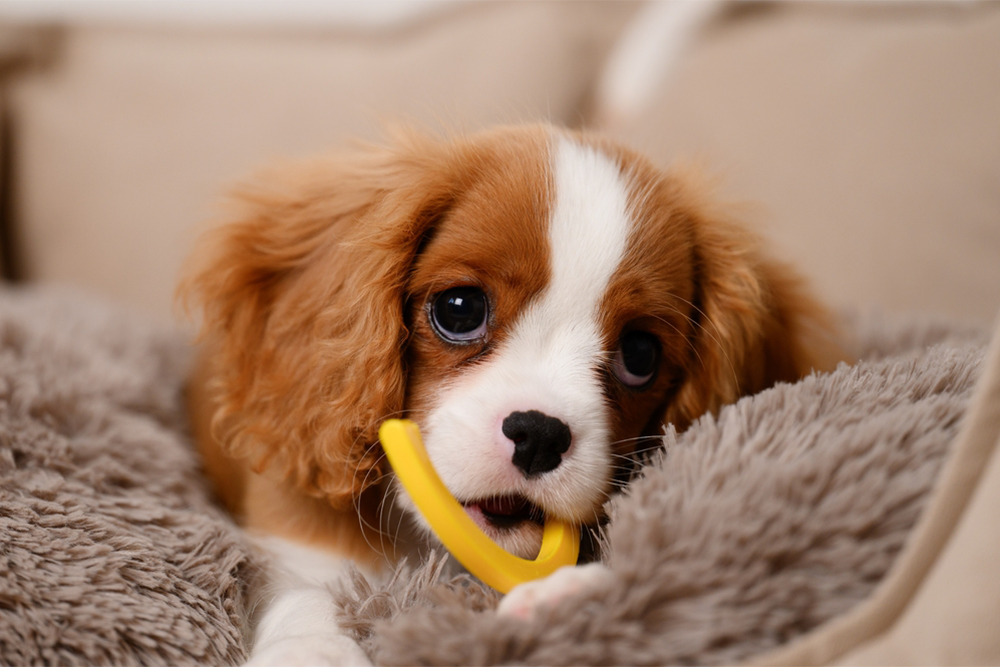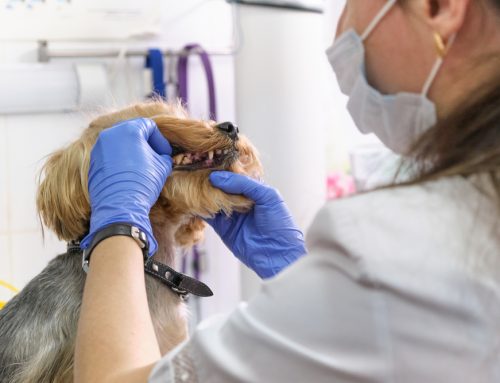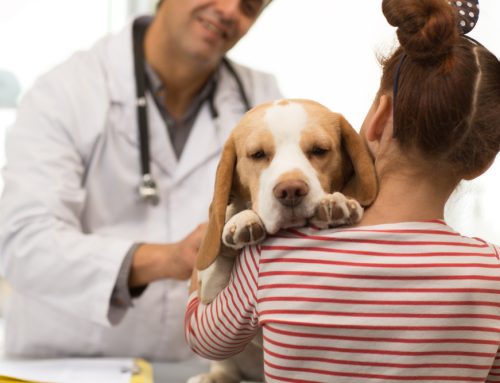Essential Guide to Dental Chews and Toys for Your Pets
Pet Dental Health Matters
Ensuring good dental health is crucial for the overall wellness of both dogs and cats. Dental diseases are unfortunately common, with many pets experiencing oral health issues by the age of three. This highlights the need for preventive dental care to maintain your pet’s health and quality of life. Adopting effective dental health practices can contribute to longer, healthier lives for your animals.
Dental diseases, such as periodontal disease, begin with plaque buildup on the teeth, leading to tartar, gingivitis, and eventually tooth loss and systemic health issues if untreated. This progression not only affects your pet’s ability to eat comfortably but can also lead to more severe conditions like kidney, liver, and heart disease due to bacteria entering the bloodstream. Regular dental care can prevent these issues and improve your pet’s overall vitality and longevity.
Dental Chews and Toys: Essential Tools for Oral Hygiene
Dental chews and toys are more than just treats or playthings; they are vital components of your pet’s oral health regimen. They work through mechanical action to scrape away plaque and tartar as your pet chews. Some also contain ingredients that promote dental health chemically, helping to reduce bacteria and freshen breath.
Regular use of dental chews and toys can significantly reduce the incidence of periodontal disease. The mechanical action of chewing stimulates the gums and helps clean between teeth, areas often missed during regular brushing. Additionally, certain chews are formulated with enzymes or antimicrobial agents that target harmful bacteria, promoting a healthier oral environment.
For a deeper understanding of how to brush your dog’s teeth and complement it with chews, you might find this resource from the Colorado State University Veterinary Teaching Hospital helpful: Dog Dental Care Guide.
Recommended Dental Chews for Dogs
When selecting dental chews for your dogs, consider the size of the chew, the ingredients used, and its digestibility. Products approved by the Veterinary Oral Health Council (VOHC) are recommended as they meet specific standards for plaque and tartar control. Notable VOHC-approved dental chews include brands like Greenies, Oravet, and C.E.T. Chews.
Choosing the Right Chew: Always select chews appropriate for your dog’s size and chewing strength. Smaller dogs or those with weaker jaws may benefit from softer chews, while larger breeds might require more durable options. Consider ingredients, especially if your dog has allergies or dietary restrictions.
For a comprehensive list of approved products, visit Accepted Products for Dogs’ Oral Health – VOHC.
Best Dental Toys for Dogs
Dental toys, such as rubber chew toys and dental bones, can be effective tools in managing your dog’s dental health. It’s crucial to use these toys appropriately to maximize their benefits. Always ensure the toys are the right size and strength for your dog’s breed and chewing behavior. Be aware of potential risks, such as choking or intestinal blockages.
Beyond dental health, chew toys provide mental stimulation and alleviate boredom, which can reduce destructive behaviors in dogs. Chewing is a natural behavior that relieves anxiety and stress in pets, promoting overall mental well-being.
For safety considerations, read through the guidance provided by Preventive Vet here: Potential Dangers of Popular Dog Chews.
Dental Chews and Toys for Cats
While less common than dog dental products, dental chews and toys for cats are equally necessary. Options like Feline Greenies or Petstages Chew Toys help keep your cat’s teeth clean and reduce tartar buildup.
Cat-Specific Concerns: Cats can develop resorptive lesions, painful conditions similar to cavities in humans. Regular use of dental chews can help prevent these issues by reducing plaque and tartar buildup.
For a list of VOHC-approved cat products, please check Accepted Products for Cats – VOHC.
DIY Dental Chews and Toys
Creating homemade dental chews and toys can be a fun and cost-effective way to care for your pet’s teeth. Safe ingredients and simple designs are key to making effective homemade dental aids. Avoid using hard materials that could damage teeth or indigestible items that could cause gastrointestinal issues.
DIY Tips: For dogs, consider making chew toys from braided strips of old t-shirts or ropes soaked in broth and frozen. For cats, you can create simple toys using cardboard or crumpled paper infused with catnip. Ensure any homemade product is large enough not to be swallowed and free from small parts that could pose a choking hazard.
Frequently Asked Questions on Dental Chews and Toys
Many pet owners have questions about the use of dental chews and toys. Here are some frequently asked questions:
Q: How often should I give my pet dental chews?
A: Dental chews can be given daily, but always follow the manufacturer’s guidelines and your veterinarian’s recommendations for your pet’s specific needs.
Q: Can dental chews replace brushing?
A: No, dental chews are a supplement to brushing, not a replacement. Regular brushing is essential for maintaining optimal oral health.
Q: What signs indicate a dental emergency?
A: Signs of a dental emergency include excessive drooling, refusal to eat, pawing at the mouth, bleeding gums, and severe bad breath. If you notice these signs, contact your veterinarian immediately.
It’s important to use these products under guidance to avoid any adverse effects. Always monitor your pet’s dental health and look for signs of potential problems such as red gums, bad breath, or discomfort while chewing.

Where to Buy
Local pet stores typically carry a range of vet-recommended dental chews and toys. Online retailers also offer a wide variety, often with customer reviews that can help guide your choice. Always check for the VOHC seal of approval when selecting products.
Supporting local businesses not only benefits the community but also allows you to speak directly with knowledgeable staff who can offer personalized recommendations based on your pet’s age, breed, and health status.
Regular Veterinary Dental Check-Ups
While dental chews and toys are helpful, they are not a substitute for professional veterinary care. Regular dental check-ups are crucial to prevent dental diseases and address any existing oral health issues.
During a veterinary dental examination, expect an oral exam, dental X-rays, and professional cleaning to remove plaque and tartar. Early diagnosis of dental issues can lead to more effective treatments and better outcomes for your pet.
Schedule an appointment for a dental check-up at Westerville Veterinary Clinic by visiting our Make an Appointment page.
Contact for More Pet Dental Care Tips
For further guidance on maintaining your pet’s dental health or to inquire about our services, please Contact Us. Our team is here to provide personalized care tailored to your pet’s specific needs.
Consistent dental care can extend your pet’s life expectancy, improve their quality of life, and save you money on potential future veterinary costs. By prioritizing dental health, you are investing in your pet’s overall well-being, ensuring they remain an integral part of your family for as long as possible.







Leave A Comment